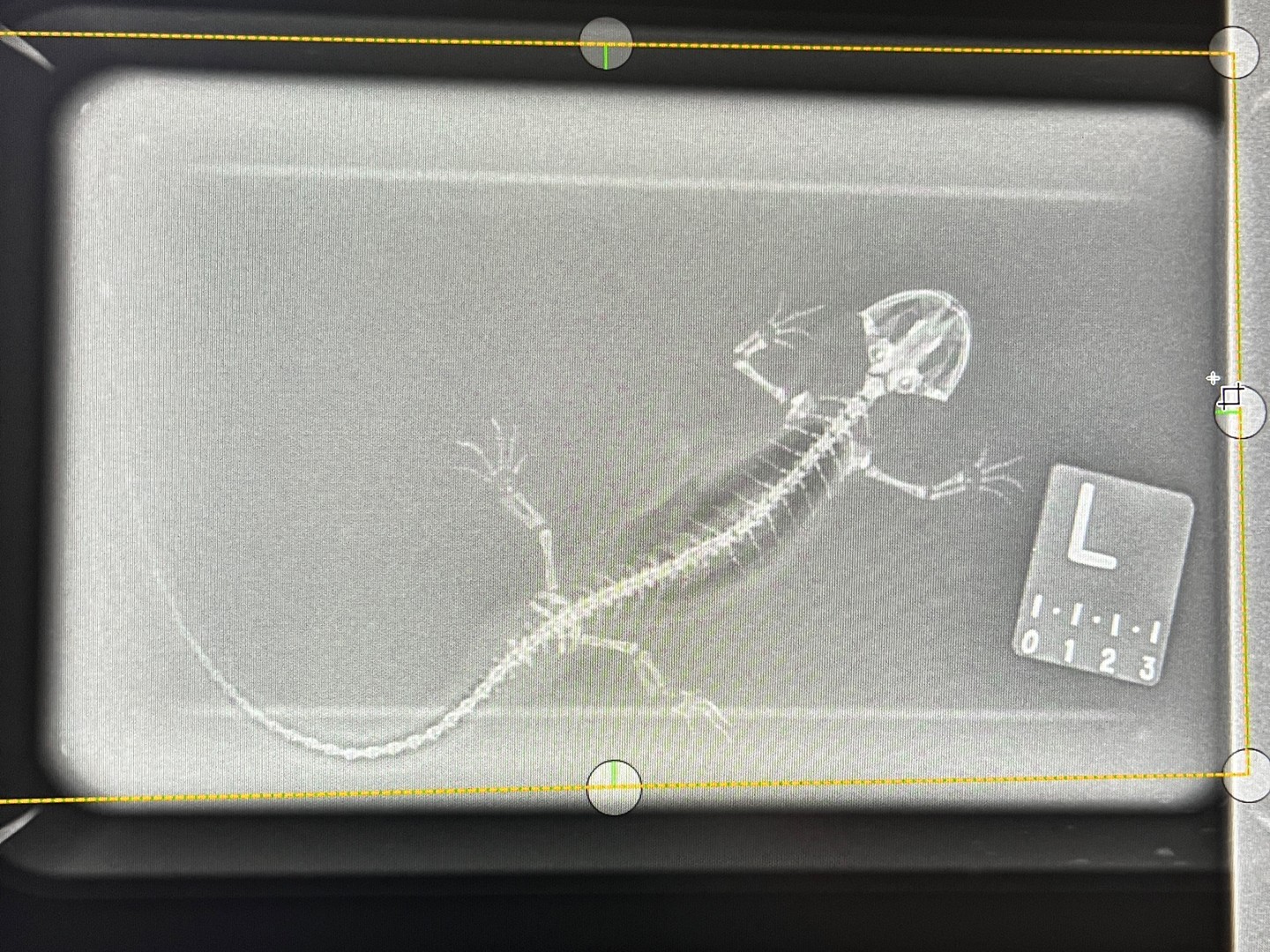- Importance of Routine Health Exams for Axolotls
- The Detailed Procedure of Axolotl Health Exams
- The Significance of Maintaining Ideal Temperature During Exams
- Findings and Health Status of Chi, Fantasma, and MC
- Conservation Insights and Management of Axolotls in Captivity
Routine health exams are essential for keeping axolotls, like Chi, Fantasma, and MC, in optimal health. These exams help in early detection of potential health issues and allow for timely intervention. Our axolotls recently underwent their annual check-ups, where they were subjected to a series of evaluations, including physical exams, weight measurements, ultrasounds, and X-rays.
These comprehensive health assessments are crucial as axolotls, being amphibians, have specific physiological needs that differ from other animals. A typical exam for an axolotl encompasses several steps, each designed to evaluate different aspects of their health. On the day of the exam, the team performs a physical examination to check for external abnormalities such as skin lesions or unusual growths. Next, they measure the weight of the axolotl, followed by taking ultrasound images to examine internal organs for potential problems.
X-rays, or radiographs, are particularly important in assessing the bones and internal structures of the axolotls. These steps collectively help in identifying any hidden health issues that might not be immediately apparent through a simple visual inspection. Each stage of the exam is vital to maintaining the well-being of these fascinating creatures.
Axolotls thrive in cold water, and it’s imperative to maintain their ideal temperature of approximately 62 degrees Fahrenheit during the exam process. To achieve this, they are transported to the exam room in a substantial amount of their tank water. This careful step fills two objectives: it ensures their comfort and prevents stress, which can otherwise obscure accurate readings or exacerbate existing conditions.
Our recent exams for Chi, Fantasma, and MC revealed no notable findings, which indicates that all three axolotls are in good health. This positive outcome can be attributed to regular monitoring and proactive care. Routine health checks are an integral part of zoo management practices and are vital for wildlife conservation, especially for species like axolotls that are classified as critically endangered in the wild.
Axolotls in captivity require meticulous care and management. Providing an environment that mimics their natural habitat as closely as possible is fundamental. This includes maintaining clean, cool water with the right pH balance, offering a diet rich in nutrients, and monitoring them regularly for any signs of illness. Proper care extends their lifespan and improves the quality of life, while also contributing valuable data for conservation efforts.
Axolotls are unique not just because of their striking appearance but also due to their regenerative abilities. This trait makes them a subject of significant scientific interest. Routine health exams ensure that these animals remain healthy, thereby allowing researchers to continue their studies without interruptions. The knowledge gained from these studies can benefit conservation strategies and potentially have broader implications for understanding regeneration in other species, including humans.
In conclusion, the recent health exams of Chi, Fantasma, and MC underscore the importance of routine health checks for axolotls. These exams are essential for detecting potential health issues early and maintaining the overall well-being of these animals. By ensuring they are transported in their tank water, we maintain their comfort and achieve accurate results. The positive health outcomes for our axolotls are a testament to the diligent care they receive. Routine check-ups are not just routine; they are a crucial component of effective zoo management and wildlife conservation efforts.
*****
Source Description
It’s an axolotl X-ray! 🩻
All three of our axolotls—Chi, Fantasma, and MC—recently underwent their
annual exams, during which our team did a physical exam, measured weights, and performed an ultrasound and radiograph on each animal.
These routine exams take around 10–15 minutes each and help scan for any abnormalities or issues. Because axolotls live in cold water, they need to be brought to the exam room in a large amount of their tank water to stay at the ideal temp of ~62ºF throughout their checkup.
Our Animal Health team reported “no notable findings,” which means all our axolotls are nice and healthy! 🎉


